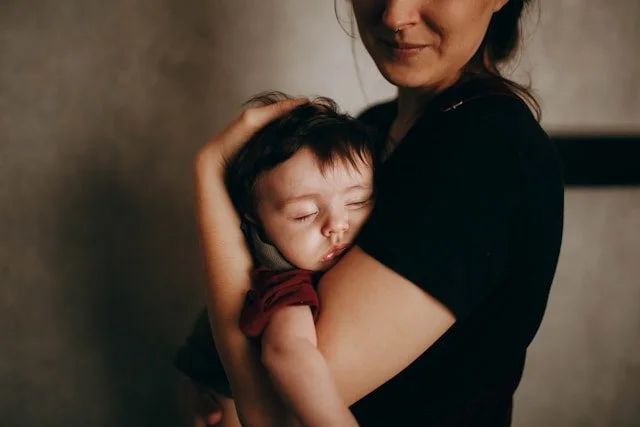What Causes Postpartum Depression?
Postpartum depression (PPD) is a type of mood disorder that can affect new mothers. It's more intense than the "baby blues" that many women experience after childbirth. With PPD, feelings of sadness, anxiety, and exhaustion can be extreme and might interfere with your ability to care for yourself or your baby. Any woman can develop PPD after childbirth, though some are at higher risk. You may be more vulnerable if you've struggled with depression or anxiety before, have difficulty breastfeeding, lack a support system, or experience stressful life events. The causes aren't fully understood, but experts believe rapidly shifting hormones and biochemical changes in the brain after delivery play a role. Emotional factors like sleep deprivation, feeling overwhelmed, and adjusting to a new role can contribute, too.
Causes of Postpartum Depression
There is no single cause of postpartum depression, but experts believe it's a combination of factors, including hormonal changes, emotional and psychological issues, and physical changes. Here are other causes.
Hormonal changes
After giving birth, your hormone levels undergo a seismic shift. The steep drop in estrogen and progesterone can trigger intense mood swings. This shift disrupts the chemical balance that affects emotions and well-being. These "baby blues" are normal but can escalate into postpartum depression for some women.
Thyroid Troubles
Another hormonal culprit? Thyroid issues. Your thyroid (which regulates metabolism) may become underactive after delivery. This hypothyroidism saps energy and can worsen depression symptoms. Getting your levels checked is wise.
Lack of Sleep
Getting enough shut-eye becomes nearly impossible with a newborn. The constant sleep deprivation takes a major toll, leaving you feeling irritable, anxious, and depressed. It's a vicious cycle — the less you sleep, the worse you may feel. Caring for a newborn means many sleepless nights. Chronic lack of sleep takes a toll on your mental health and makes you more vulnerable to PPD.
Nutritional Needs
Pregnancy and breastfeeding drain your body of nutrients. Low intake of foods rich in omega-3s, vitamin D, iron, and other key vitamins can impact mental health.
Physical Recovery
Your body just went through the wringer of childbirth. Healing from delivery — whether vaginal or C-section — is no small feat. The physical pain and discomfort can exacerbate feelings of depression.
History Matters
If you've battled depression or anxiety before, you're at higher risk of postpartum depression. Similarly, a family history of mood disorders like bipolar disorder raises the chances. That's because these conditions may be influenced by genetics and brain chemistry.
Pregnancy Complications
Difficult pregnancies or childbirth experiences make some women more vulnerable. Whether it's preterm labor, emergency C-section, or a baby with health issues — the added stress and trauma increase the risk.
Lack of Support
Having an amazing support system is crucial during this huge life transition. Without strong emotional or practical help from your partner, family, and friends, you're more likely to struggle with postpartum depression. Relationship problems only compound the issue.
Fatigue
Caring for a newborn is physically demanding. Constant feeding, diaper changes, and nighttime wake-ups can leave mothers exhausted. Fatigue can make it harder to cope with emotional challenges and can worsen feelings of depression.
Pain
Childbirth can cause physical pain, and recovery takes time. This pain can make it difficult to participate in activities you enjoy and can contribute to feelings of isolation and low mood.
Remember, these are just some of the factors that can contribute to postpartum depression. The exact cause can vary from woman to woman. While biology and hormones seem to be big factors, your individual circumstances and experiences, such as trauma or lack of support, play a huge role, too. Postpartum depression is treatable, and you're not alone in this. Contact us to learn more about depression therapy and for support if you're struggling after childbirth. Take care of yourself mentally and physically, and know there is hope. Millions of moms worldwide have overcome postpartum depression, and you, too, can.

